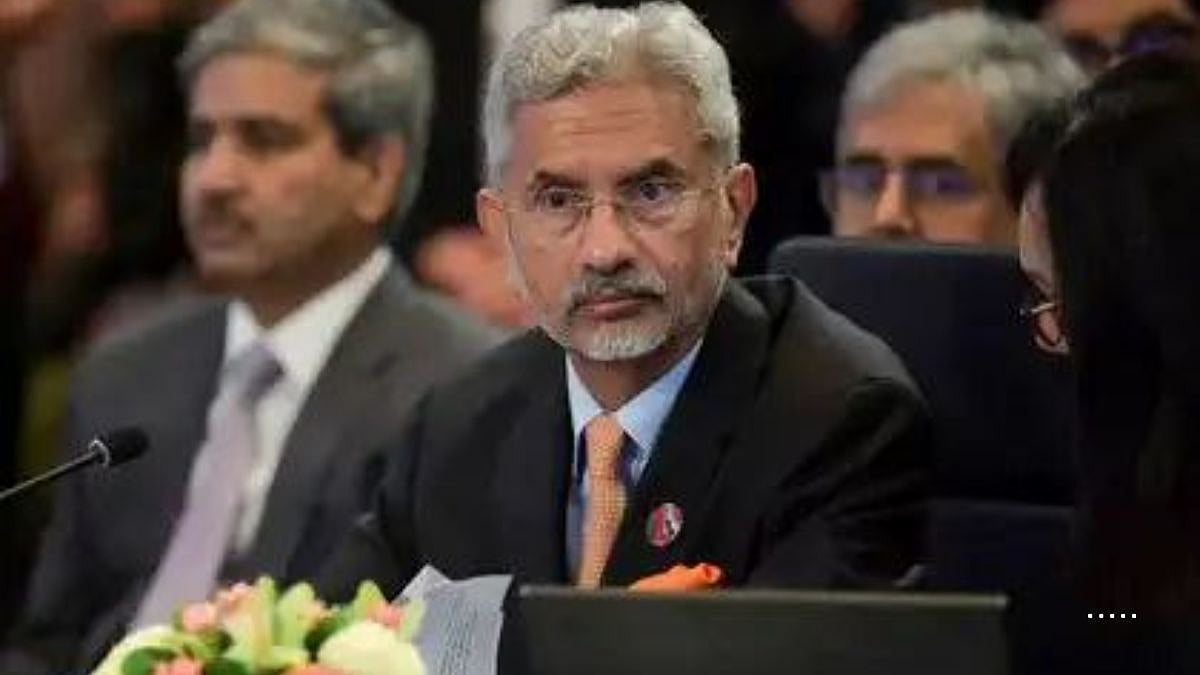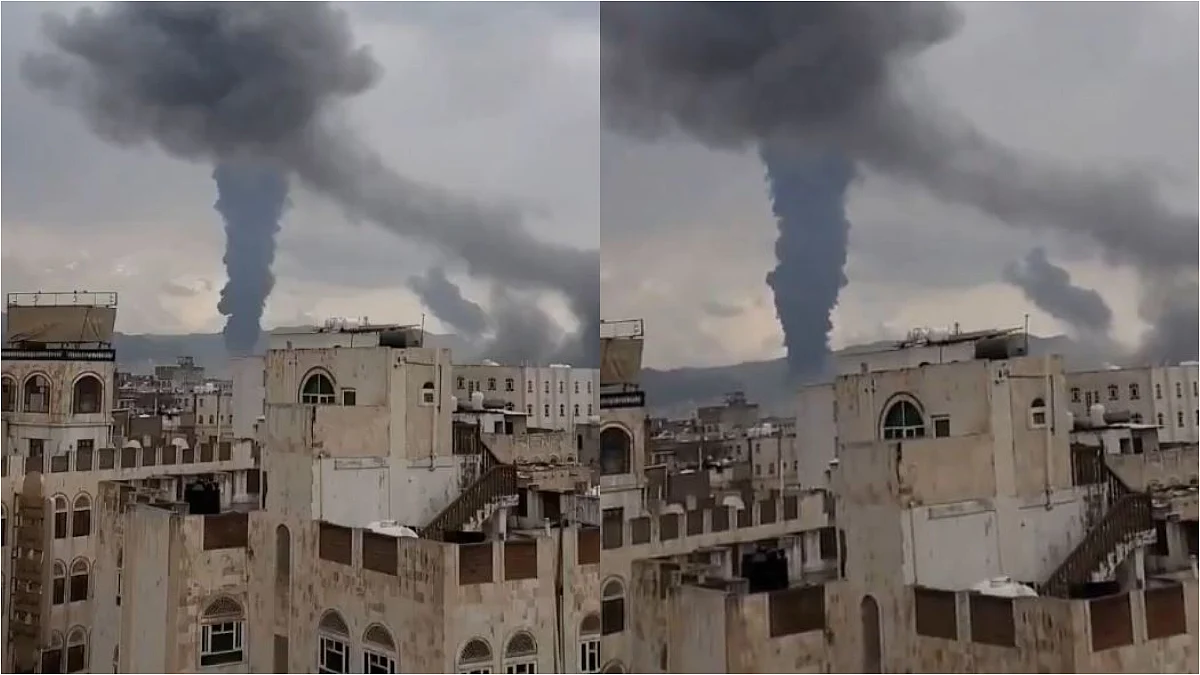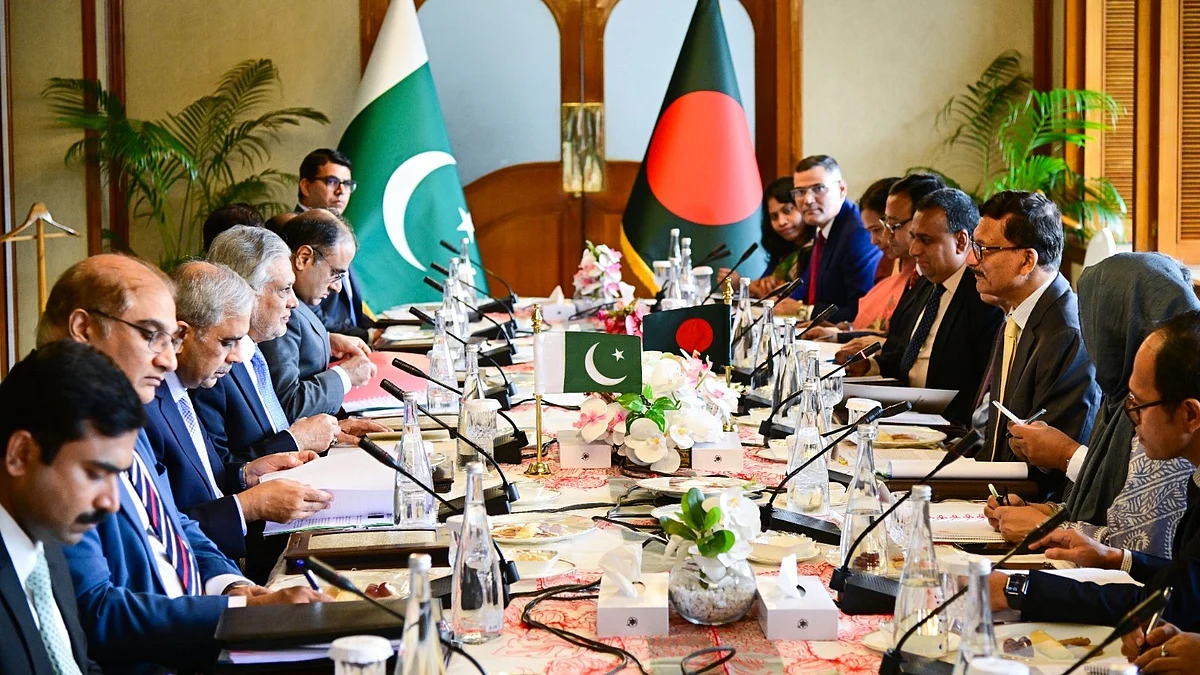Mumbai: The UN General Assembly has overwhelmingly adopted a resolution urging the Taliban to reverse repressive policies and ensure inclusive governance, amid growing global concern over Afghanistan’s deteriorating humanitarian, economic, and human rights situation. The resolution was passed on Monday with 116 votes in favour, 12 abstentions, including India, and 2 against, from the US and Israel.
It highlighted the deepening crises in Afghanistan nearly four years after the Taliban’s return to power, pointing to widespread poverty, systematic oppression of women and girls, escalating security threats, and a collapsing economy. It called for greater accountability from the Taliban.
The General Assembly condemned the “grave, worsening, widespread and systematic oppression” of Afghan women and girls, and demanded a reversal of Taliban policies excluding them from education, employment, and public life. It also criticised the lack of political inclusion and reported human rights violations, including arbitrary detentions, enforced disappearances, and extrajudicial punishments.
Addressing security concerns, the 193-member body reiterated its alarm over the presence of terrorist groups operating within Afghanistan, including Al-Qaida, ISIL/Da’esh, ISIL-Khorasan, and Tehrik-e-Taliban Pakistan. The resolution “demanded” that Afghan territory not be used as a haven for terrorism. Economically, the resolution painted a bleak picture of widespread collapse, food insecurity, and the impact of natural disasters such as floods and droughts. It called on member states and donors to scale up principled humanitarian assistance and avoid reductions that could harm the most vulnerable.
India was among the 12 nations that abstained from the vote. Explaining the decision, India’s Permanent Representative to the UN, Parvathaneni Harish, said that while India shares the concerns highlighted in the resolution, it believes that a “business as usual” approach without innovative, targeted strategies will not yield the desired results for the Afghan people.
“Any coherent policy to address a post-conflict situation must combine a mix of policy instruments incentivising positive behaviour and disincentivising harmful actions,” Harish said. “An approach focused only on punitive measures, in our view, is unlikely to succeed.”
Harish also emphasised India's concern over terrorism emanating from Afghan soil. “The international community must direct its coordinated efforts towards ensuring that entities and individuals designated by the UN Security Council Al Qaeda and their affiliates, ISIL and their affiliates, including Lashkar-e-Taiba and Jaish-eMohammed, no longer exploit Afghan territory for terrorist activities,” he added.
Citing recent diplomatic engagements, including External Affairs Minister S. Jaishankar’s conversation with Taliban-appointed Acting Foreign Minister Amir Khan Muttaqi, Harish reiterated India’s active monitoring of the security situation. He also welcomed Afghanistan’s condemnation of the April 22, 2025, Pahalgam terrorist attack.
Harish underlined India’s humanitarian and developmental aid to Afghanistan. Since 2021, India has provided 50,000 metric tons of wheat, over 330 metric tons of medicines and vaccines, 40,000 litres of pesticide, and 58.6 metric tons of other essential supplies. In partnership with the UN Office on Drugs and Crime (UNODC), India has supported drug rehabilitation efforts with an additional 116 metric tons of aid.
“India's approach to Afghanistan has always been guided by our longstanding friendship and special relationship with the Afghan people,” Harish stated. “As a long-standing partner, India has direct stakes in ensuring peace and stability in Afghanistan.”











